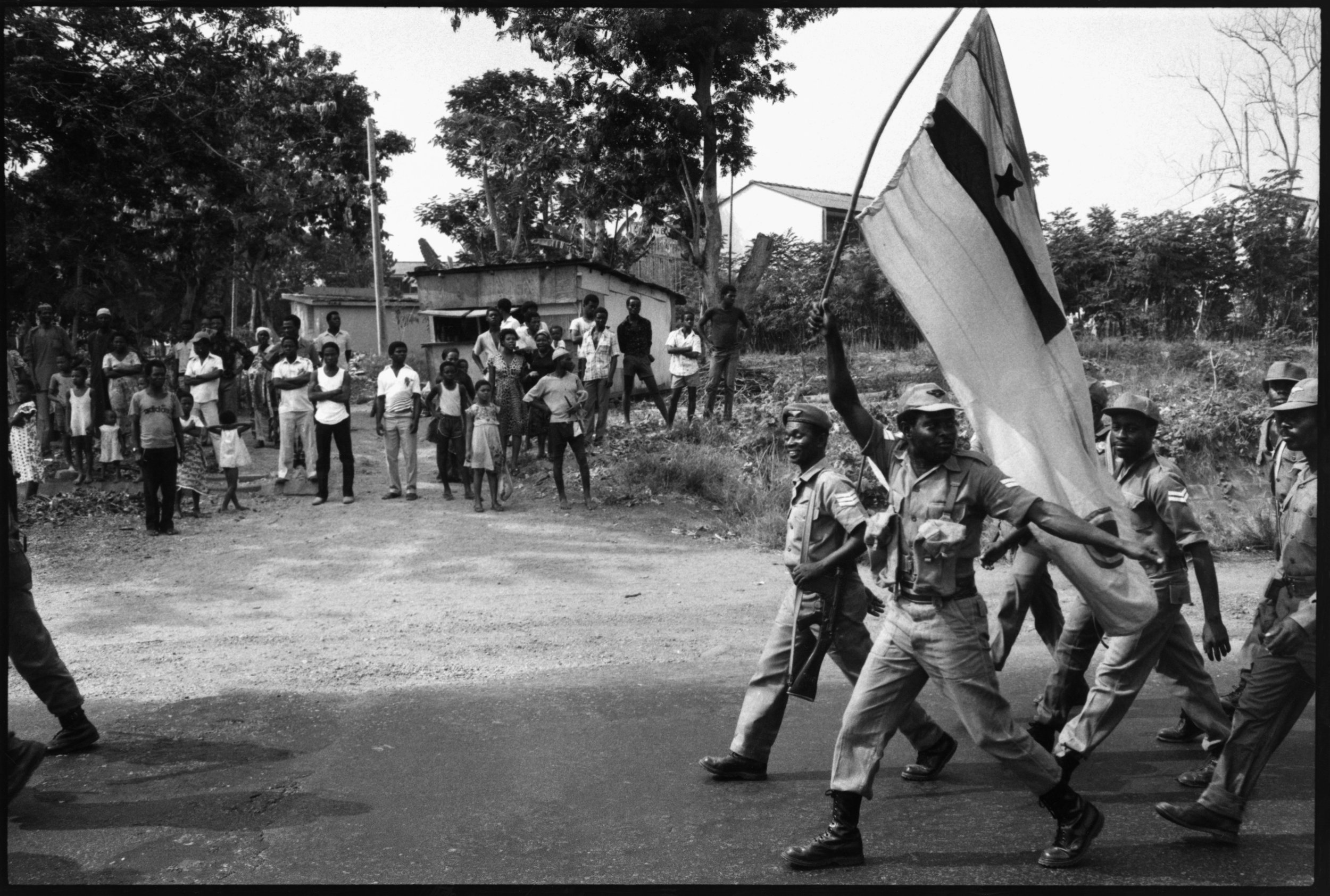
Soldier’s Paradise
Militarism in Africa After Empire
Duke University Press, 2024
Soldier’s Paradise reconstructs one of the twentieth century’s most important and least understood ideologies–militarism. Across Africa, the late twentieth century was a time of military coups and martial “revolutions.” The men who staged them had utopian visions. In Nigeria and other former British colonies, army officers remade their countries along martial lines. Some soldiers tried to drum colonialism’s bad habits out of people through military-style discipline. Others conditioned civilians to think more like they did. A few believed that making their countries into vast open-air barracks was what would make them truly “free.” They saw judges and lawyers as allies in that mission, but law wasn’t the disciplinary tool they thought it was. Military regimes found that people could turn law back against them, and only some judges shared their world-making aspirations. Using an original collection of legal records, archival documents, and memoirs, Soldier’s Paradise shows how law facilitated militarism and, at times, worked against it. Long submerged by more hopeful ideological currents, militarism is resurfacing in African politics. Soldier’s Paradise describes where it came from.
“Samuel Fury Childs Daly’s keen eye and steady hand pushes aside the conventional wisdom about military coups in Africa to show how military rule relied on courts to enforce the discipline that soldiers believed Nigeria needed. The rule of law and the rule of guns were not always an easy fit, but the space between them allowed for debate and dissent, most powerfully in the (literal) show trial of Fela Kuti.” — Luise White, author of Fighting and Writing: The Rhodesian Army at War and Postwar
“Samuel Fury Childs Daly makes a significant, although in some ways counterintuitive, argument that places law and legalism at the heart of studies of military rule and postcolonial transitions in Africa. While Daly recognizes that military regimes are marked by indiscriminate arrests and violence, control over judiciaries, and the crude abuse of legal processes, he shows that law and legality are central to military self-fashioning, identity, and practice, and therefore they are key to how these regimes are formed. This innovative and exciting work of legal history will speak to wide audiences.” — Rohit De, author of A People’s Constitution: The Everyday Life of Law in the Indian Republic
